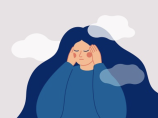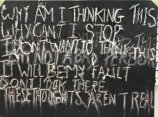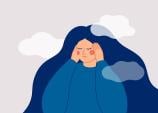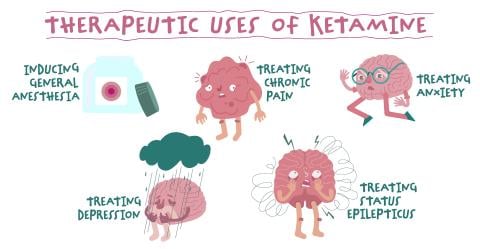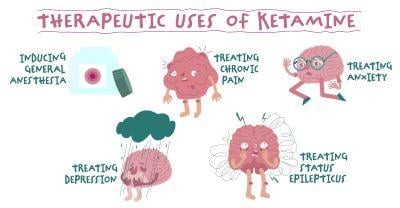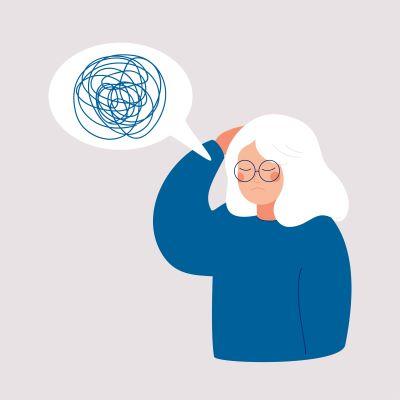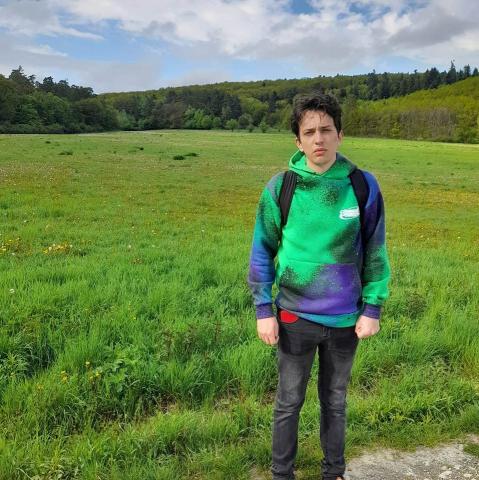I’m So OCD - But I’m Also So Much More
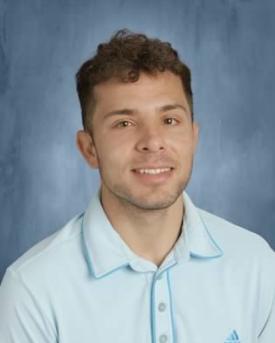 At the age of 12, in early 2006, on an evening before dinner while playing NBA Live on my PlayStation 2 in a suburb of Dallas, Texas, I became OCD. I would eventually be so OCD, it would require multiple hospital stays in and out of state, result in failing academically, changing schools, and losing friends, jobs and so much time. I didn’t know then what Obsessive Compulsive Disorder was, nor had I been diagnosed with it yet. But it was at that moment of time that my compulsions and obsessions began.
At the age of 12, in early 2006, on an evening before dinner while playing NBA Live on my PlayStation 2 in a suburb of Dallas, Texas, I became OCD. I would eventually be so OCD, it would require multiple hospital stays in and out of state, result in failing academically, changing schools, and losing friends, jobs and so much time. I didn’t know then what Obsessive Compulsive Disorder was, nor had I been diagnosed with it yet. But it was at that moment of time that my compulsions and obsessions began.
One of the problems with OCD is that you lose so much time. That evening when my dad called me and my siblings to dinner, I went to save my progress on the game, but I couldn’t just save it and walk away like before. I was ‘stuck’. Stuck is a word my family and I would use for many years to describe what my OCD did to me. And what it does to so many millions of people who suffer from the disorder.
The Vicious Cycle of Obsessions and Compulsions
That evening in 2006, I experienced a sinking uncomfortable feeling in my chest, which I would later understand was anxiety. I felt paralyzed. I was saving my game over and over and over. It was irrational I know but I was stuck. I couldn’t move from my spot on the couch and my family was getting annoyed. Eventually I compensated for the obsessiveness with a tic – a compulsion which for me at that time was an awkward, disruptive clearing of my throat. Sufferers of OCD often exhibit such tics to help alleviate the anxiety so we can move on. But the cycle repeats itself.
My OCD developed into violent, frightening and very disturbing obsessive thoughts that I would then try to put out of my mind with compulsions like clearing my throat endlessly, opening a door over and over, saying something countlessly, or turning the water on and off numerous times. It was relentless. It took up so much time. I didn’t even get a break in sleep where my intrusive thoughts followed me into slumber.
One of the Worst Cases of OCD
I’m not bragging when I say that my psychiatrist once told my parents (which I learned many years later) that I was one of the most severe cases of mental illness that he had ever seen. He said to them that I would never completely get over my condition but that I could learn to live with and control my OCD.
“The best treatment for Asher is time,” the doctor said to my parents around two or three years into my illness. “As he gets older, he will get better. At times, he will get worse. But he will get better.”
And with time, hope, and years of treatment and support, I did get better. Enduring multiple hospitalizations, CBT, DBT and ERP therapy, medication, weight gain, relapses, depression and anxiety, strenuous relationships with family, friends, and even myself, I pushed through. My parents, siblings, friends and mental health providers never gave up, even when I did. And I did, so many times. I attempted suicide but was lucky that I drove into a fence instead of a tree. Somewhere deep down I wanted to live, and I wanted to get better.
Stay “Stuck” in the Treatment
At first I wasn’t honest with my ERPs, and I learned the hard way that Exposure and Response Prevention therapy doesn’t get you very far if you don’t do the work sincerely and wholeheartedly. We often referred to my condition as being “stuck” and that feeling / state of being was truly awful, but it only got worse when I tried to run away from it.
Mentally and emotionally I needed to face my obsessions, no matter how hard and painful that was. ERP was a crucial treatment for me but until I committed to it and was genuine with myself, I wasn’t getting effective results. I needed to stick to the treatment. And when I finally did, I improved.
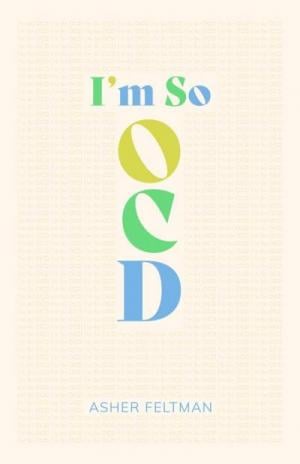 Writing a Book and Sharing My Story
Writing a Book and Sharing My Story
At some point I integrated a motto to remind me that I could recover. “Every moment is an opportunity to get better” became my slogan. It sounds corny but it helped. Then when I felt ready, I wrote a book. My journey with OCD, but also regaining my life to finish school and then college and become a teacher and continue to enjoy the things that I love like sports, movies, video games, comics and superheroes, are all a part of my story. If my book, I’m So OCD, helps even one person, then it will all be worth it.
I wanted to share my story with ADAA to show that mental illness does not have to define us, that we can learn not just to live with it but to thrive and help others. To this day, I still deal with my OCD, but I now have the tools, resources, and personal and professional supports I need to work through it. You don’t need to be a superhero to fight it. We all have the human power inside, and out, to triumph over mental illness. And it’s worth taking the time to get better.
For additional resources on Obsessive Compulsive Disorder, visit ADAA's OCD page here.
Share Your Story and Voice and Help #breakthestigma Around Mental Health
Support ADAA's Mission - Every Gift Makes an Impact

